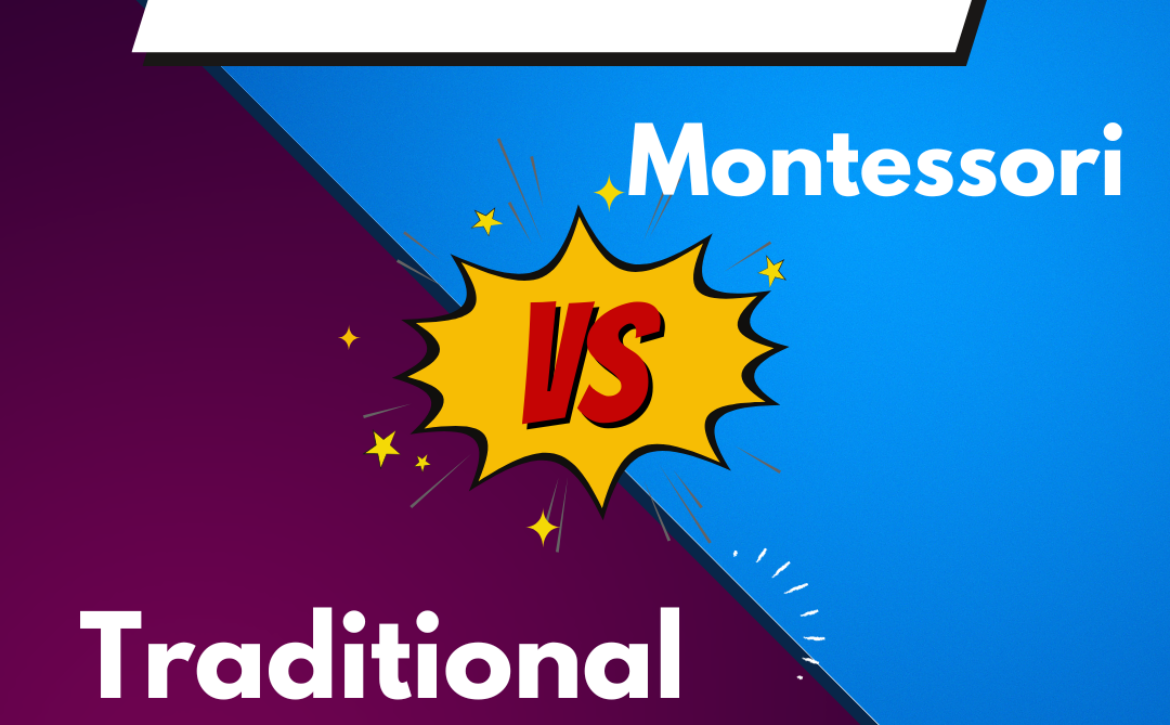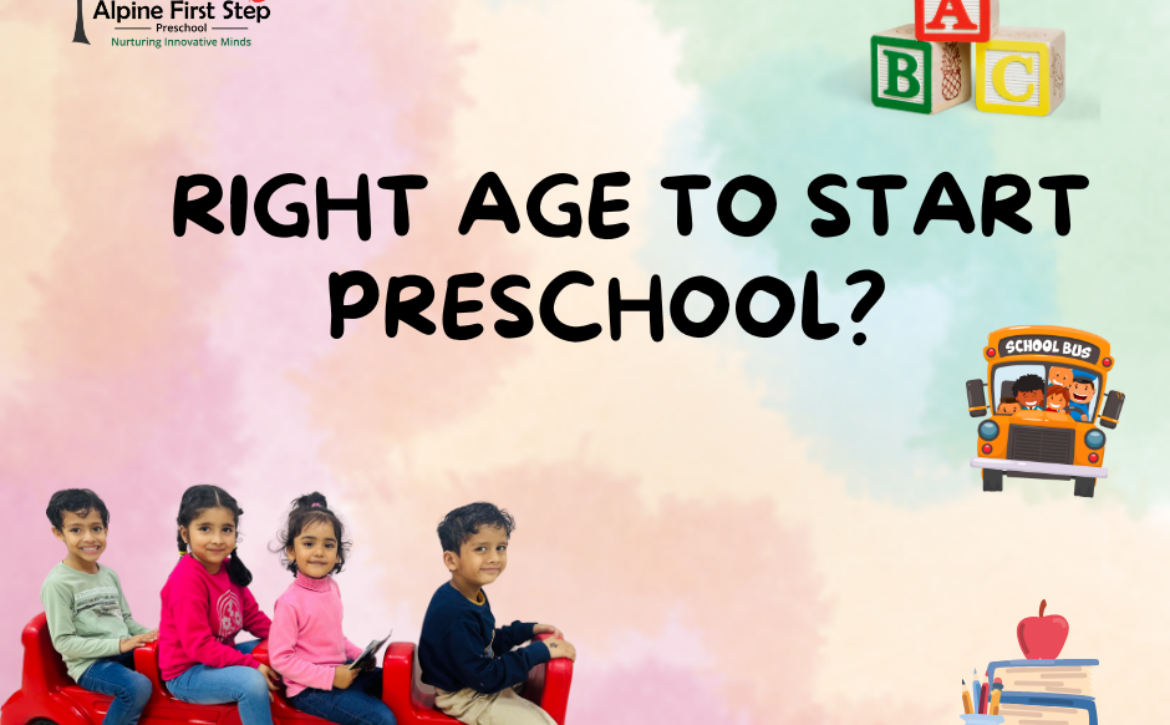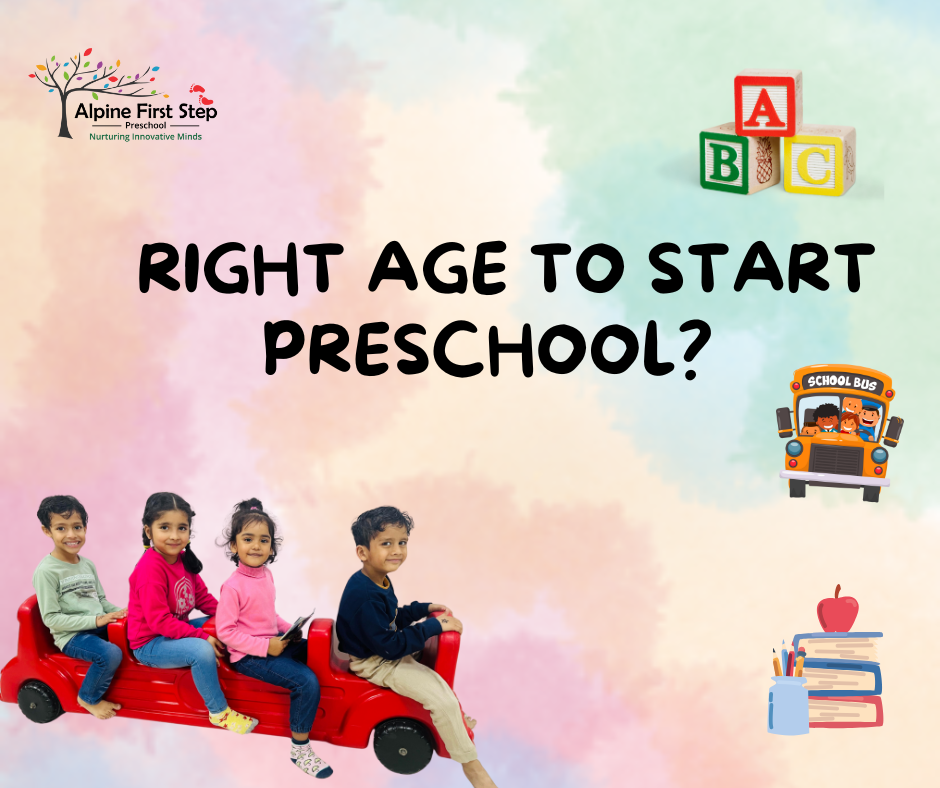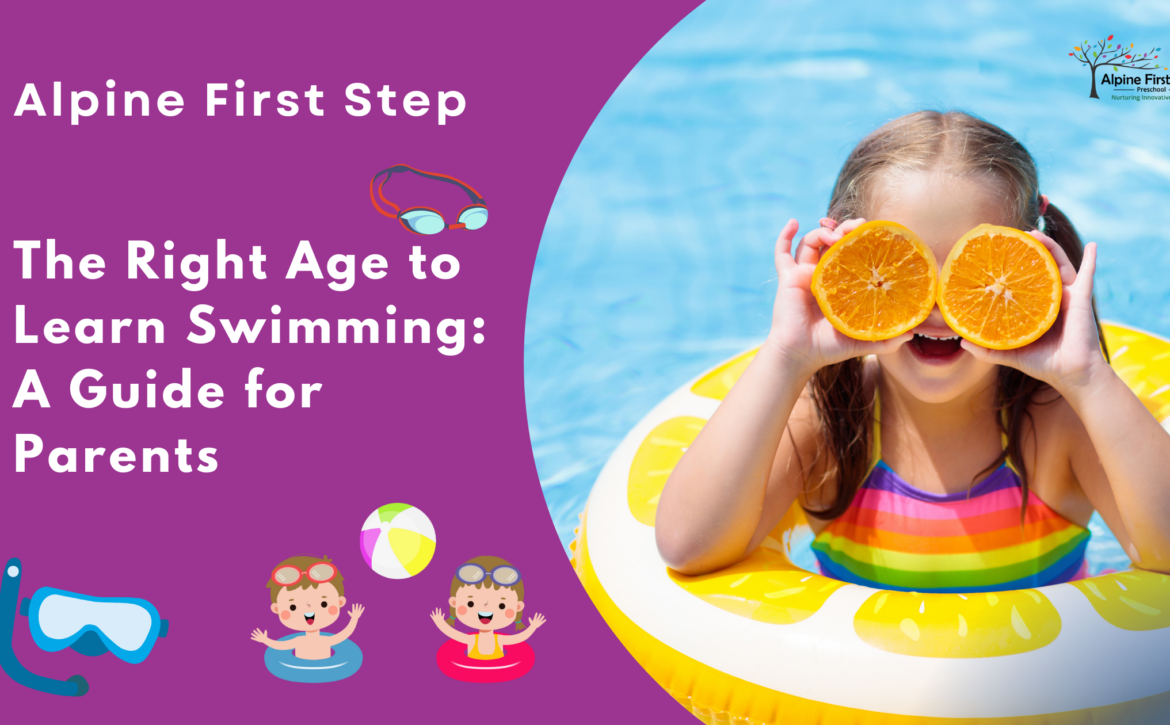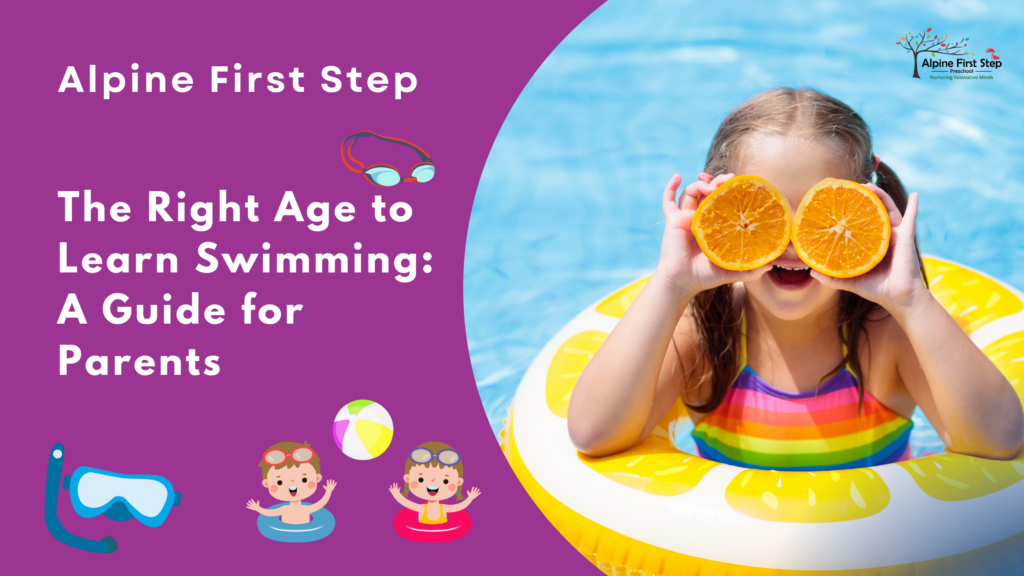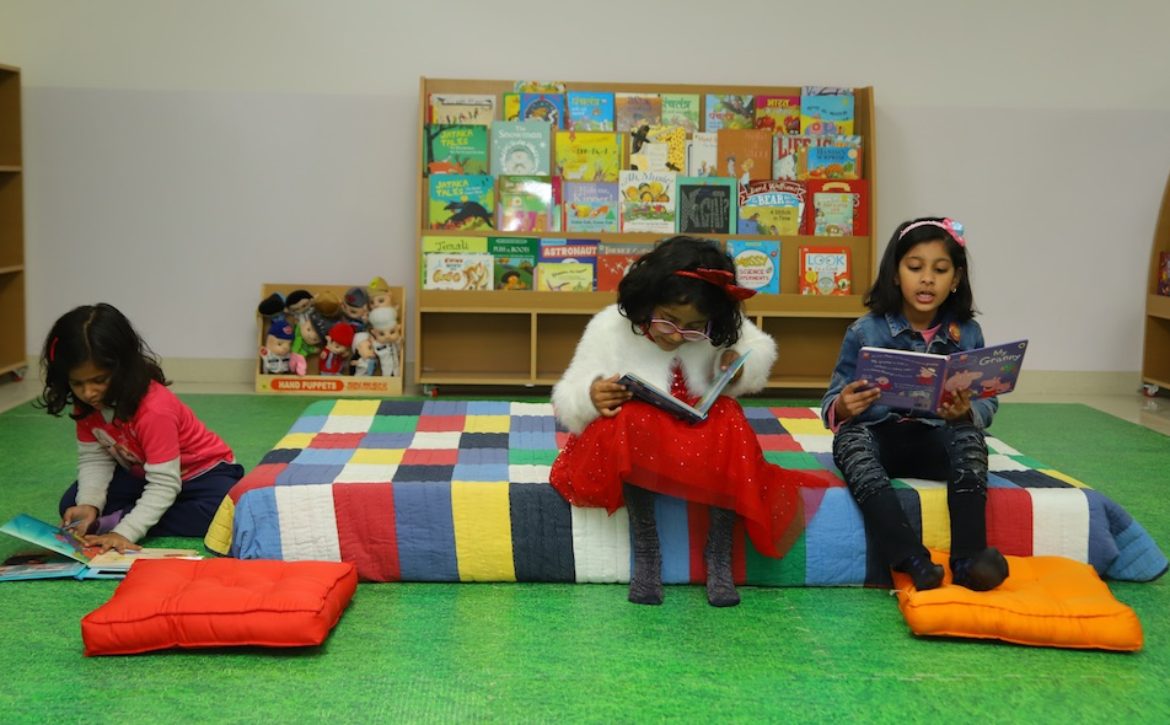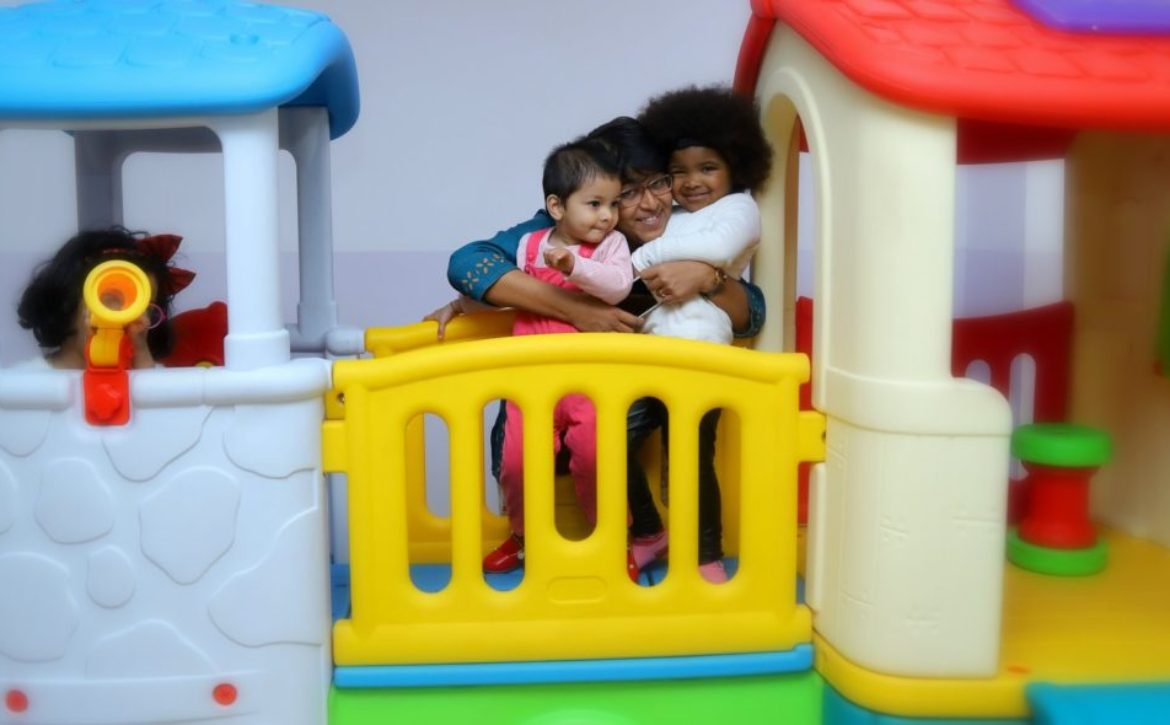Montessori vs. Traditional Preschool ?

Choosing the right preschool for your child is one of the most important decisions you’ll make as a parent. With so many options available, the debate between Montessori vs. Traditional Preschool is a common one. Which approach is better for your child’s development? What makes Montessori different from conventional preschools? At Alpine First Step Preschool, one of the best preschools in Greater Noida, we believe informed choices lead to confident parenting.
In this blog, we’ll break down the differences between Montessori and Traditional Preschool models and help you determine which suits your child best.
Understanding the Montessori Approach
Developed by Dr. Maria Montessori in the early 1900s, the Montessori method is based on the principle of “learning by doing.” The approach encourages children to explore their natural curiosity in a structured yet flexible environment.
Key Features of Montessori Education:
✅ Child-Centered Learning – Children choose their activities based on interest, promoting independent learning.
✅ Hands-On Activities – Use of specially designed materials like sensory bins, puzzles, and sorting tools to develop fine motor skills.
✅ Mixed-Age Classrooms – Older children mentor younger peers, fostering collaboration and leadership.
✅ Self-Paced Learning – Each child progresses at their own speed, allowing personalized growth.
✅ Focus on Practical Life Skills – Encourages children to develop life skills such as tying shoelaces, pouring water, and organizing materials.
Pros of Montessori Education:
✔ Encourages creativity and critical thinking
✔ Builds independence and responsibility
✔ Provides a stress-free, self-paced learning environment
✔ Promotes intrinsic motivation instead of external rewards
Cons of Montessori Education:
✘ Less emphasis on structured group learning
✘ Can be more expensive due to specialized materials and training
✘ Might not be ideal for children who need strict guidance
Understanding the Traditional Preschool Approach
Traditional preschools follow a teacher-led curriculum where children are taught in a structured classroom setting. These schools are designed to prepare children for a formal school environment by focusing on academic subjects and social skills.
Key Features of Traditional Preschools:
✅ Structured Curriculum – Lessons follow a fixed syllabus with pre-planned activities.
✅ Teacher-Led Learning – Teachers direct the classroom, guiding children through each activity.
✅ Age-Based Classrooms – Children are grouped by age, ensuring lessons match their developmental stage.
✅ Emphasis on Group Learning – More structured social interaction through group games, storytelling, and recitation.
✅ Preparation for Primary School – Introduces children to alphabet, numbers, and basic reading and writing skills.
Pros of Traditional Preschool Education:
✔ Provides a structured routine that mimics formal schooling
✔ Encourages social skills through group activities
✔ Offers clear academic milestones for school readiness
✔ More widely available and affordable compared to Montessori schools
Cons of Traditional Preschool Education:
✘ Less flexibility for individual learning styles
✘ May put academic pressure on young children
✘ Memorization-based learning can reduce creativity
Montessori vs. Traditional: Which One is Right for Your Child?
There is no one-size-fits-all answer. The choice between Montessori vs. Traditional Preschool depends on your child’s personality and learning style.
✔ If your child enjoys independent exploration, hands-on activities, and self-paced learning, a Montessori preschool might be a better fit.
✔ If your child thrives in structured environments, enjoys group activities, and benefits from teacher-led instruction, a Traditional preschool is ideal.
“Education is not the filling of a pail, but the lighting of a fire.” – William Butler Yeats
At Alpine First Step Preschool, the best play school in Greater Noida, we blend the best aspects of Montessori and traditional learning, ensuring a balanced and child-centric curriculum. Our goal is to ignite curiosity, foster independence, and build a strong academic foundation for your child.
Final Thoughts
Both Montessori and Traditional preschools have their strengths. What matters most is choosing an environment that nurtures your child’s growth, curiosity, and confidence.
Still unsure about the best approach for your little one? Visit Alpine First Step Preschool in Greater Noida and experience our holistic learning environment firsthand!
📍 Location: Alpine First Step Preschool, Plot No: NS-79, Sector Zeta 1, Greater Noida, UP 201310
📞 Contact us today: +91 96677 92178
🌐 Website: www.alpinefirststep.in

